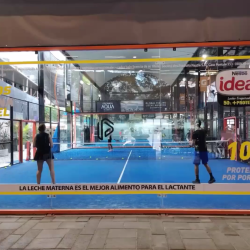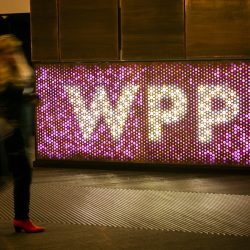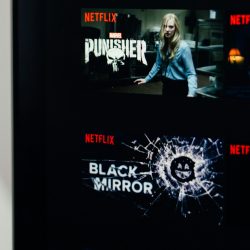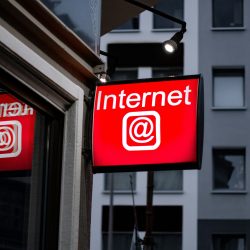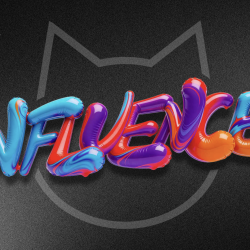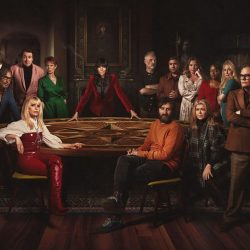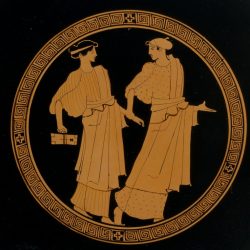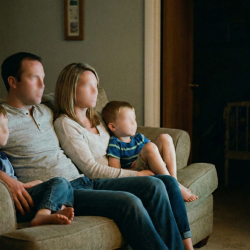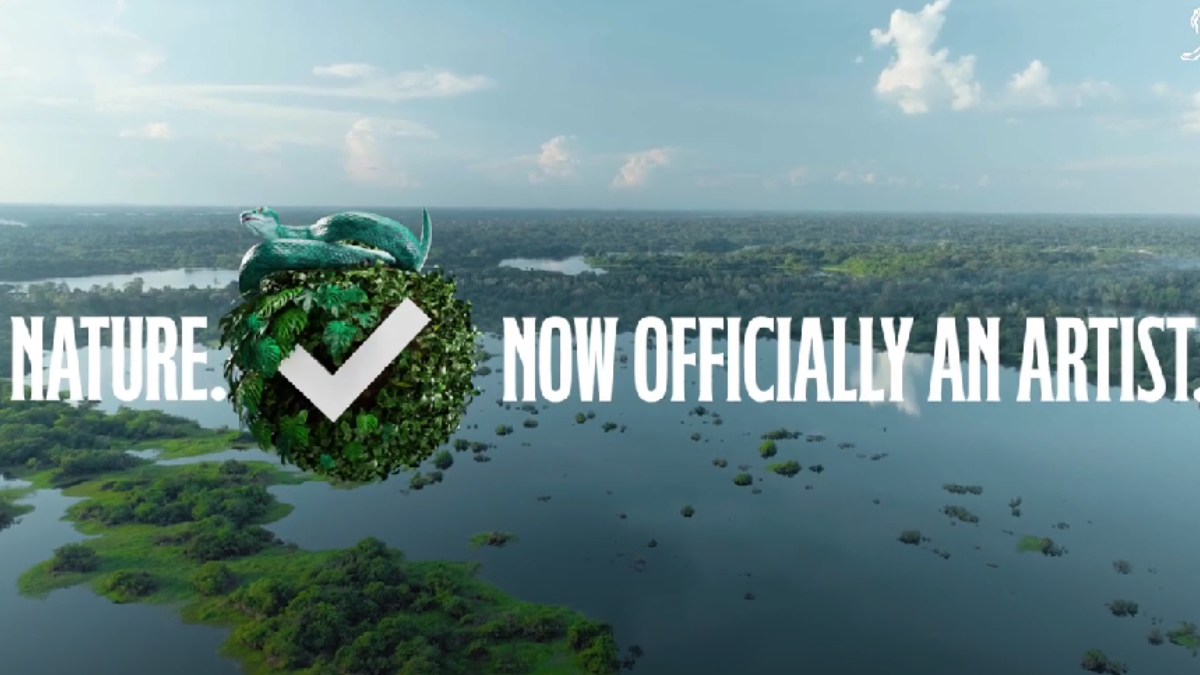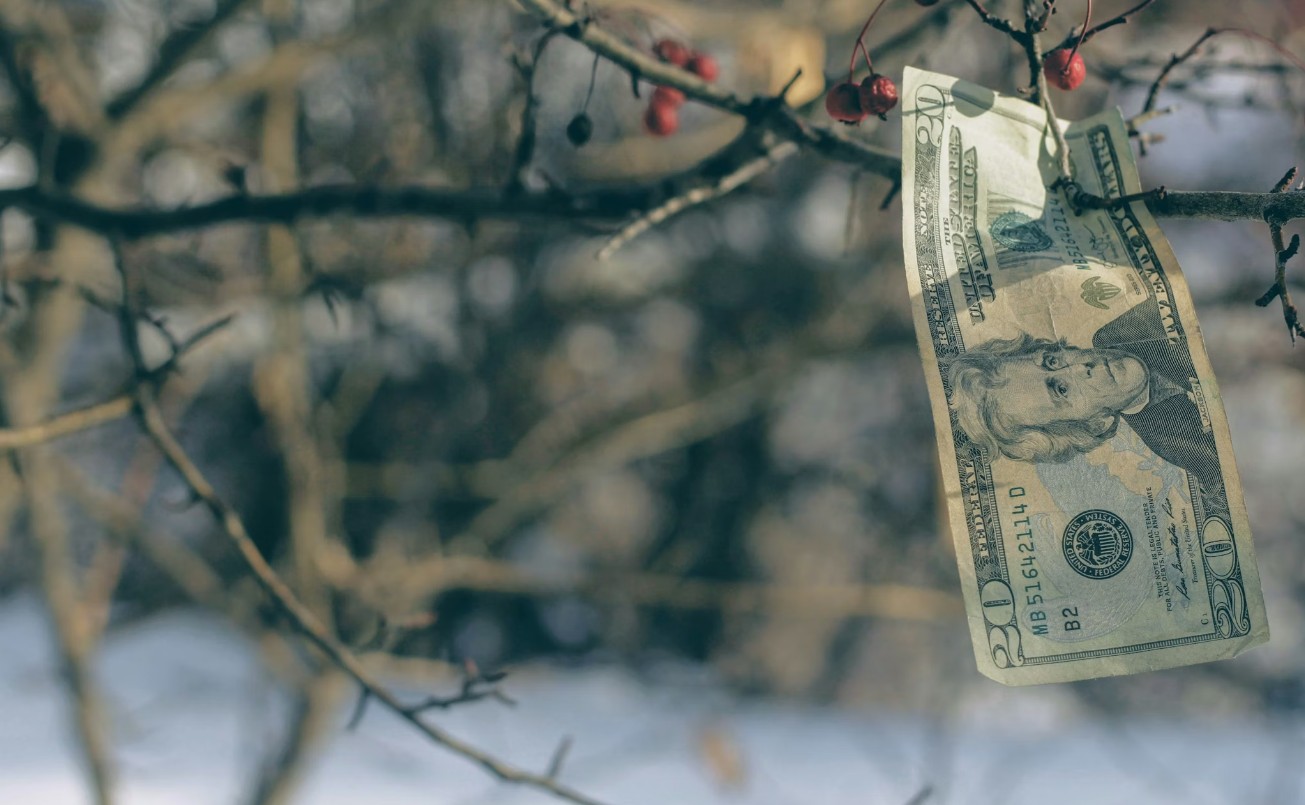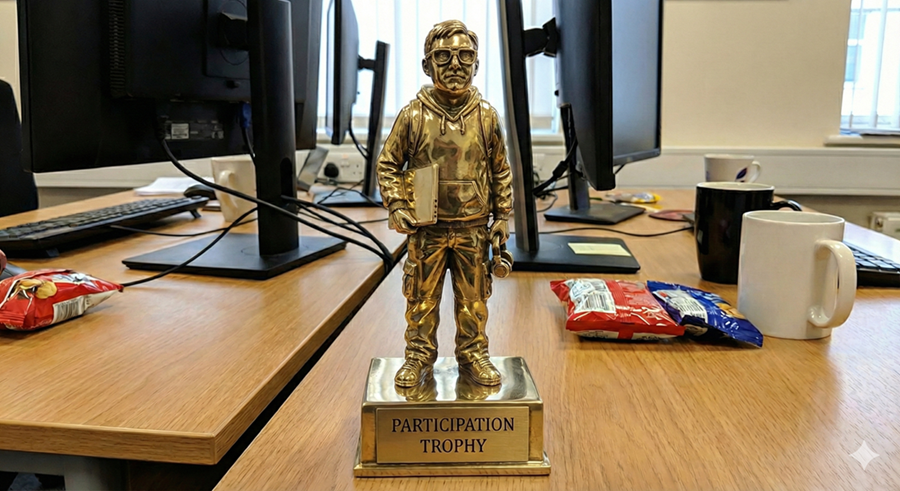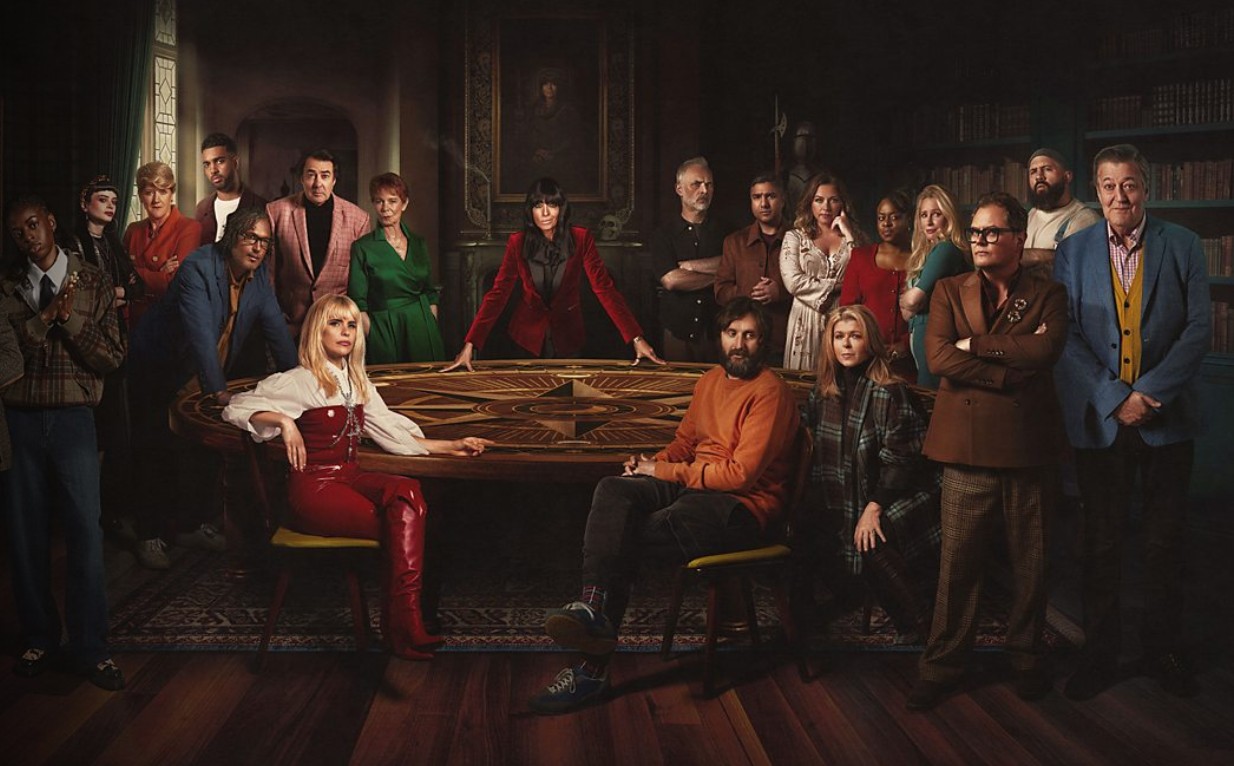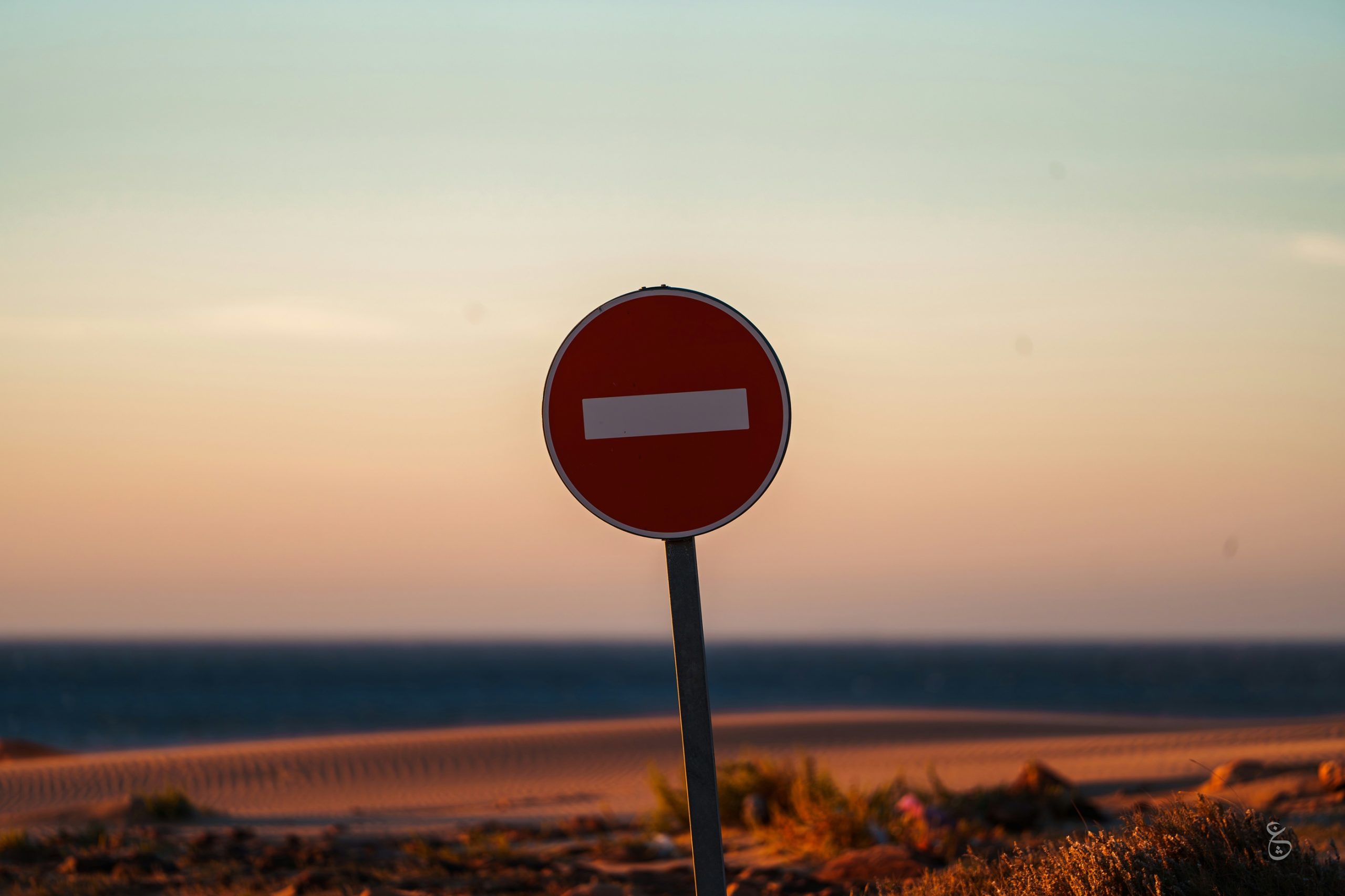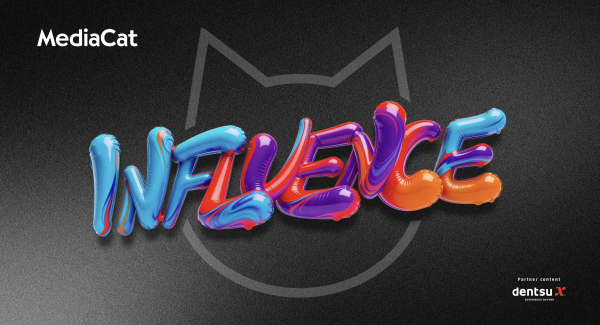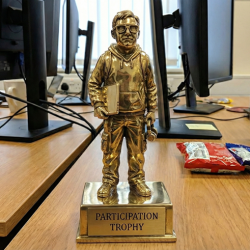The Grand Prix winners for Creative Strategy, Luxury, Creative Effectiveness, Business Transformation, Innovation, Creative Commerce and Brand Experience & Activation were announced at Cannes Lions on 19 June.
Across categories, the work stood out for how deliberately it aimed to make a measurable difference, whether by shifting policy, sparking cultural reappraisal or improving lives of everyday people. Cannes has long championed ideas that transcend advertising and this year’s picks show a clear emphasis on purposeful strategy as a lever for progress, not just positioning.
The most celebrated entries brought intention into execution, combining clear values with operational follow-through — from Dove’s enduring focus on self-esteem, to AXA rewriting its insurance model, to a captioning system now written into Oscar rules.
Here’s a closer look at what won, and what made each one worthy of the top prize.
Creative Strategy
Dove and Ogilvy UK were awarded the Creative Strategy Grand Prix for ‘Real Beauty: How A Soap Brand Created A Global Self-Esteem Movement’. Rather than spotlighting a single campaign, it set out a strategic journey spanning two decades, showing how Dove evolved from a declining soap brand into one of the most recognised and inclusive voices in the global beauty industry.
The submission tracked that evolution from its 2004 launch, when just 2% of women described themselves as beautiful, through a consistent series of campaigns built around a single core purpose: to help women feel more beautiful every day.
It highlighted major milestones including the viral success of #ChooseBeautiful and Real Beauty Sketches, the educational impact of the Dove Self-Esteem Project — which has now reached more than 95 million girls — and newer activations like Reverse Selfie, #TheFaceof10 and Toxic Influence. The case also pointed to the brand’s media decisions, such as running ‘The Cost of Beauty’ during Love Island to counter unrealistic body narratives at the source.
What Cannes rewarded here was the clarity and consistency of the strategy and its ability to grow over time without losing focus. Dove’s long-term commitment has helped it become the number one most inclusive brand in Kantar’s Brand Inclusion Index, with a $7.5 billion brand value and a user base that reaches 37% of the global population every year.
Dove and Ogilvy Singapore also received the Media Lion Grand Prix for ‘Real Beauty Redefined for the AI Era’ earlier this week.
Luxury
LVMH won the Luxury Grand Prix for ‘The Partnership That Changed Everything’, a campaign created with Havas Play and Publicis Luxe to mark the group’s official partnership with the Paris 2024 Olympic and Paralympic Games. Olympic sponsorship comes with strict rules (even premium partners are banned from advertising inside stadiums). LVMH responded by taking on a new kind of role. Rather than sponsor the Games in a traditional sense, it became a co-producer.
Each of its maisons helped shape the event itself. Chaumet designed the medals, Louis Vuitton created the trunks that delivered them, Berluti tailored the French athletes’ suits, Dior dressed the performers, Sephora activated the torch relay, and Moët Hennessy led the hospitality. These weren’t bolt-on activations, they were central to how the Games looked and felt.
The submission argued that this changed the rules of sponsorship — and clearly the jury agreed. LVMH found a way to make itself essential, not just visible. The impact was significant: €350 million in earned media, 138 hours of global broadcast coverage, a twelvefold rise in brand consideration and a 36% increase in positive brand perception.
Creative Effectiveness
Apple and TBWA\Media Arts Lab won the Creative Effectiveness Grand Prix for ‘Shot on iPhone’, an ongoing campaign that has grown into one of the most recognisable in marketing. The submission didn’t focus on one execution, it presented a body of work showing how the platform has evolved while staying anchored to a simple, repeatable message.
Some of the work included the World Gallery, a global out-of-home campaign featuring user-generated photography in 25 countries — with over 10,000 billboards, 5.2 billion outdoor impressions, and 95% positive sentiment. There was Three Minutes, a Chinese New Year short film based on a true story that reached over 100 million views and was picked up widely in national and local news. And in 2024, Apple released Little Garlic, a cinematic film launched like a blockbuster across movie platforms — watched by nearly half a billion people in China and credited with lifting brand perception by 67%.
Even more tactical ideas, like creating a dedicated @apple account to showcase community content, or installing hyper-local billboards during Black History Month, helped turn the campaign into something that felt deeply participatory. Wherever it showed up, the work looked like Apple but felt like it belonged to the user.
Creative Business Transformation
AXA’s ‘Three Words’ campaign has now secured its second Grand Prix of the festival, this time in the Creative Business Transformation category. Earlier this week, it was awarded in Direct.
Created by Publicis Conseil, the campaign reframes domestic violence as an insurable risk, equal to fire or flood. AXA France has updated its home insurance policy to offer emergency relocation for women and children in danger. Victims now receive safe housing within 24 hours, alongside legal and financial support from trained staff. This was not a pledge, it was a structural change.
The campaign’s foundation is a powerful statistic. In France, 77 percent of calls to the national domestic violence helpline mention urgent need for housing. AXA took that need and built a direct solution. The work was supported by a large-scale awareness drive across TV, outdoor, digital and short film.
What the Business Transformation jury rewarded was the depth of integration. This wasn’t a temporary programme or limited trial. It was a fundamental shift in operations, affecting product design, logistics and customer support. The creative idea is now part of the company’s infrastructure.
Innovation
AKQA, Spotify and the Museum for the United Nations were awarded the Innovation Grand Prix for ‘Sounds Right’, a campaign that credited nature as a musical artist and created a new business model that turns natural sound into conservation funding.
The idea was simple but powerful. By tagging nature as a featured artist whenever her sounds appeared in music, the campaign allowed royalties to be collected on her behalf. These funds, distributed via the charity EarthPercent, are directed toward biodiversity conservation and restoration efforts. Already, nature has been credited on over 170 tracks, featured alongside artists like David Bowie, Brian Eno and Ellie Goulding, and streamed more than 150 million times. In its first funding cycle, Sounds Right generated $250,000. It’s projected to raise $40 million over the next four years.
Cannes likely responded to how the idea rewired an existing system rather than creating something from scratch. Instead of building a new app or platform, the team worked within the mechanics of the music industry — metadata, royalties, artist credits — and used those levers to shift where value flows. It offered a new way for streaming culture to contribute to environmental repair, with nature climbing the global charts and becoming one of the top 200 artists on Spotify.
This was innovation through reimagination, not invention. It’s a reminder that some of the most transformative ideas come not from disruption, but from quietly rethinking how familiar systems could serve a better purpose.
Creative Commerce
Ziploc and VML won the Creative Commerce Grand Prix for ‘Preserved Promos’, a campaign that let shoppers redeem expired food coupons through a simple mobile photo — as long as they added a Ziploc product to their basket.
Around 60 billion coupons go to waste each year due to expiration. Rather than creating a new discount scheme, the campaign gave people a way to salvage value from what they already had. The platform used computer vision and natural language processing to scan uploaded coupons, verify them instantly and trigger tailored offers.
This approach worked for shoppers, who got unexpected savings, and for retailers, who were able to recover lost conversion opportunities. Over 80,000 stores took part. The campaign drove a 5%lift in sales, added 14%new buyers, and achieved a 49 times redemption rate. Ziploc, a bag of reusable storage bags, also gained a 61%share of voice across its category.
Instead of building something flashy or tech-heavy, it focused on a very real shopper frustration, losing out on savings, and turned it into an opportunity. Gabriel Schmitt, president of the Commerce jury, said the campaign was ‘1000% ownable’, delivered at a ‘massive scale’ and ‘raised awareness for the brand that wasn’t there [before]’.
This was commerce thinking at its best. Grounded in behaviour, executed cleanly and built to work in the real world.
Brand Experience & Activation
FCB Chicago, Rakish Entertainment and the Chicago Hearing Society won the Grand Prix in Brand Experience & Activation for ‘Caption with Intention’, a design system that reimagines how Deaf and hard-of-hearing audiences experience film.
The work addressed long-standing issues with traditional captions — unclear speaker attribution, poor synchronisation, and lack of emotional nuance. To solve these, the team developed a responsive system that uses colour to identify individual characters, syncs each word precisely to speech through timed colour changes and adjusts font size dynamically to reflect tone and volume.
What made the project stand out was how thoroughly it changed the system. Caption with Intention has been adopted by major studios including Netflix, Disney and Lucasfilm. It now supports 196 languages and has been written into the official submission guidelines for the 2026 Oscars, signalling a shift in how the film industry defines accessibility.
This is the third Grand Prix the campaign has won at Cannes after picking up the Design Lions and Digital Craft Lions awards earlier in the week.
Main image from the ‘Sounds Right’ video submission to Cannes Lions 2025.
